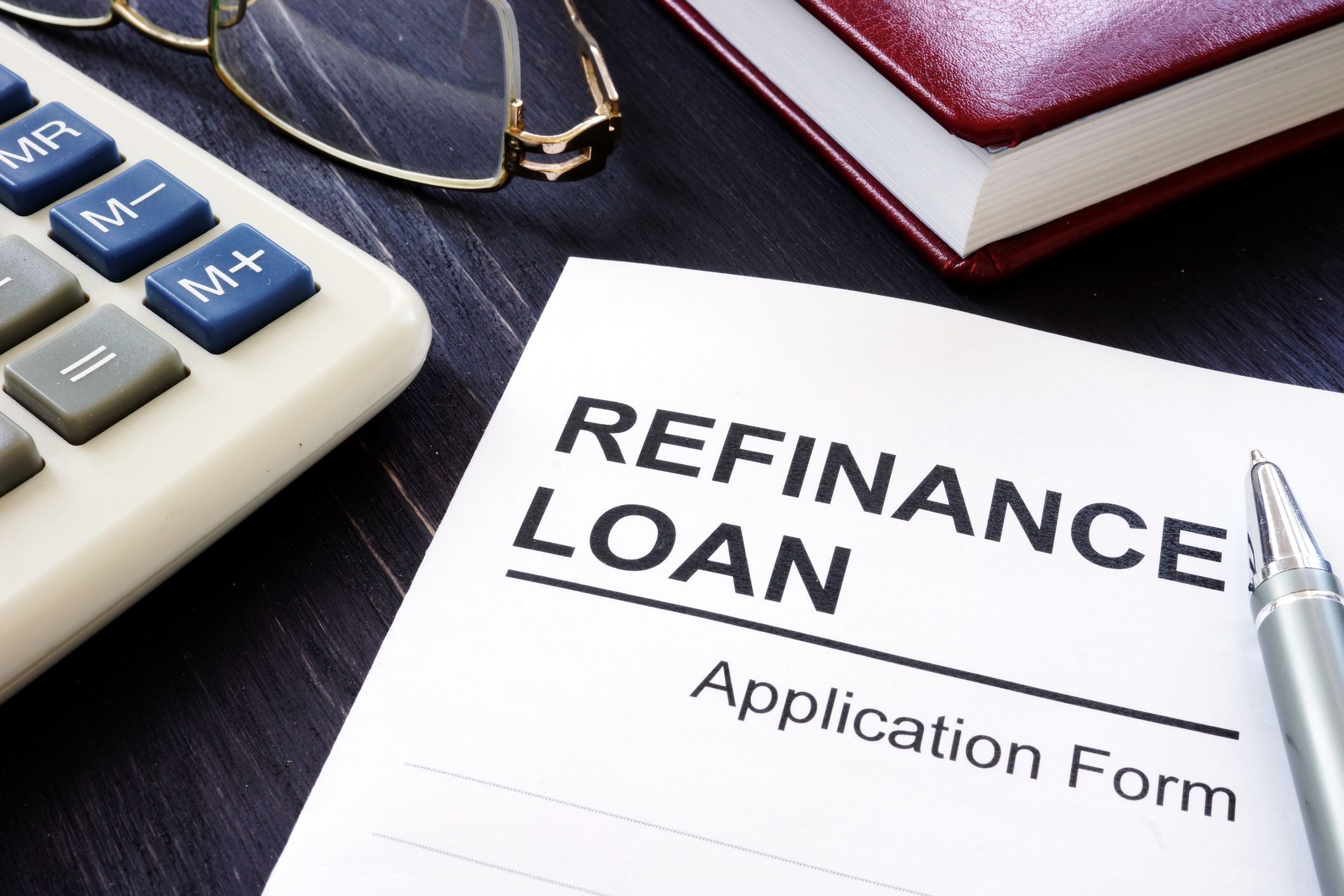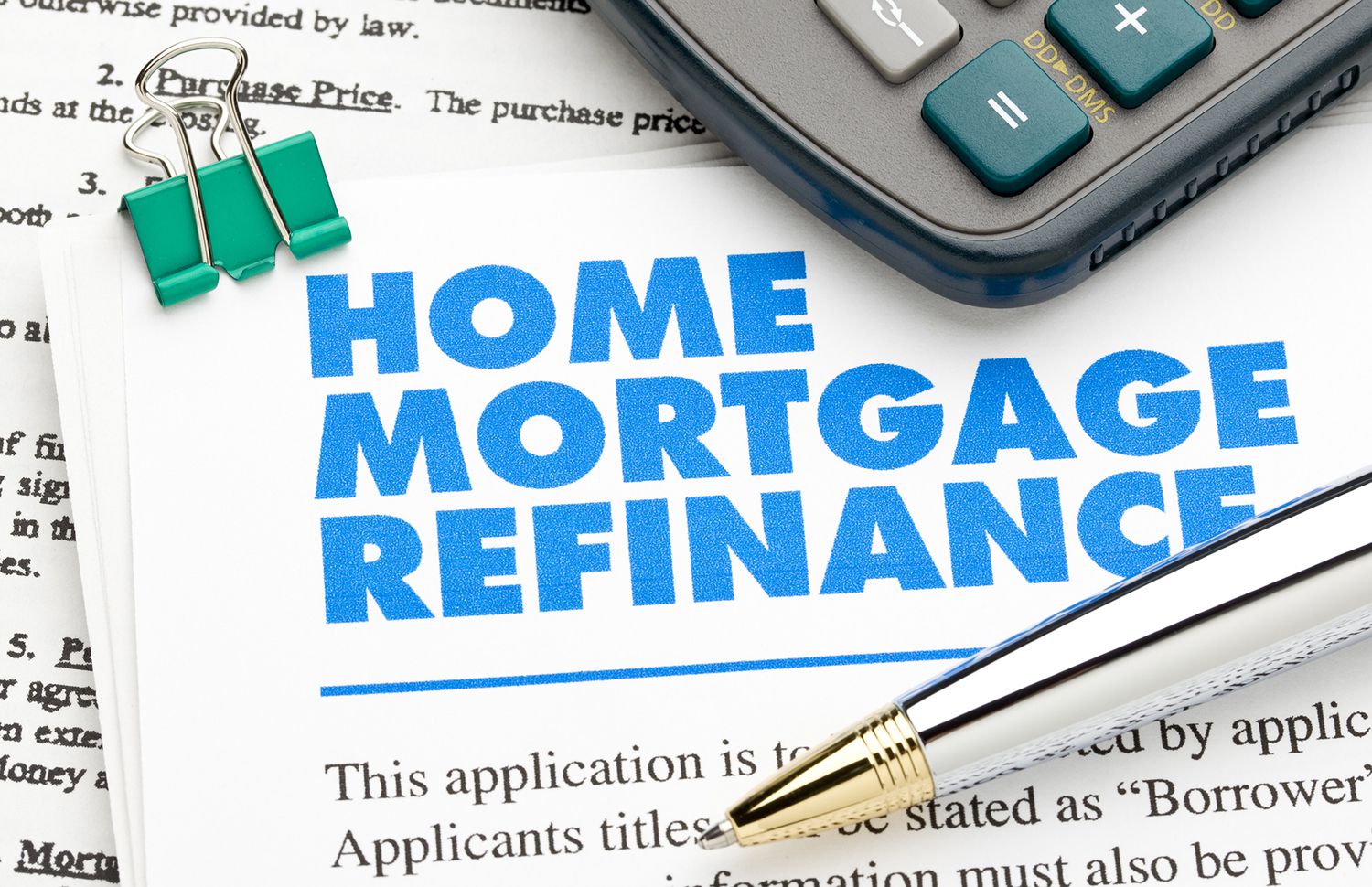Do you have a mortgage and are overwhelmed by the interest rate? One of the ways to pay or lessen a mortgage loan is through refinancing. Refinancing means the replacement of a general debt obligation with another debt obligation which should ideally have fewer rates and terms.
To put it more simply, mortgage refinancing means getting another loan with reduced rates by at least 2%. High-interest rates are some of the factors that make repayment of a loan difficult or longer-lasting.
Refinancing helps to shorten the term of the existing mortgage, get a lower interest rate, and benefit from other, more beneficial, terms. If you are a homeowner and thinking of refinancing, keep reading.

What is Mortgage Refinancing?
Refinancing a mortgage is when you pay off a prevailing loan by replacing it with a new one. Homeowners refinance for various reasons — to shorten the term of their existing loan, obtain a lower interest rate, tap into home equity in case of a financial emergency, or to afford a large purchase or consolidate debt.
Note that refinancing costs between 2 and 5% of the principal, which is the same as an original mortgage. It requires a title search, an appraisal and application fees.
It is always wise to consider all your options before you decide to pursue mortgage refinancing as it also has its downsides.
Reasons Why Consumers Refinance
There are various reasons why consumers choose to refinance their mortgage.
To Secure a Lower Interest Rate
Refinancing to get a lower interest rate on your existing loan is one of the best reasons why you should refinance.
Refinancing is a good idea if your interest rate on the existing loan can be reduced by at least 2%. Nevertheless, lenders believe that even 1% of savings are an excellent incentive to refinance.
When you reduce your interest rate, it helps you save money, build your home equity quickly, and lowers your monthly payment size.
Refinancing to Reduce the Loan’s Term
When interest rates fall, it is an opportune time for homeowners to refinance an existing loan for one with a significantly shorter term without a major change to the monthly payment. However, not every refinancing mortgage cuts the monthly payment.
Before you refinance, do the math and see what is ideal for you.
To Convert to a Fixed-Rate Mortgage or Adjustable-Rate Mortgage
Sometimes adjustable-rate mortgages (ARM) start offering lower interest rates compared to a fixed-rate mortgage. Therefore, periodic adjustments can lead to increased rates that are higher than the fixed-rate mortgages. When this happens, changing to fixed-rate mortgage leads to a lower interest rate and removes concerns of future interest rate hikes.
On the other hand, changing from a fixed-rate loan to an ARM (which usually offers lower monthly payments compared to a fixed-term loan) can be an excellent financial strategy, only if interest rates are declining.
This is ideal for homeowners that don’t have plans of staying in the home for long. By refinancing to an ARM, such homeowners will reduce their monthly payment and interest rate but don’t have to worry how rates will be doing in 30 years to come.

Refinancing to Consolidate Debt
While there are good reasons to refinance, mortgage refinancing mortgage refinancing doesn’t necessarily alleviate debt. For example, some homeowners wish to access their home’s equity to finance major expenses, such as a child’s college education and remodelling a home. These decisions to refinance can be justified, as a remodelled home increases its value or that a mortgage loan’s interest rate is lower than a loan from a different source.
Another justification for mortgage refinancing is that a mortgage’s interest rate is tax-deductible. However, increasing your years that you owe on your mortgage is not a smart financial decision. Also, spending a dollar on the interest rate to receive a 30-cent tax deduction is not an intelligent decision.
Another reason why homeowners refinance is to consolidate debt. While replacing a high-interest rate debt with a low-interest rate mortgage makes financial sense, note that refinancing doesn’t cause automatic financial prudence. You should take this step only if relief from debt doesn’t tempt you into more spending.
Bottom Line
Homeowners refinance for many reasons, whether it’s to negotiate better terms on an existing loan, access their home equity for other major payments, or even in times of financial emergencies. And though this can be a sound choice for many homeowners, it can also be a way into more debt for those who do not employ the best practices for financial success.




